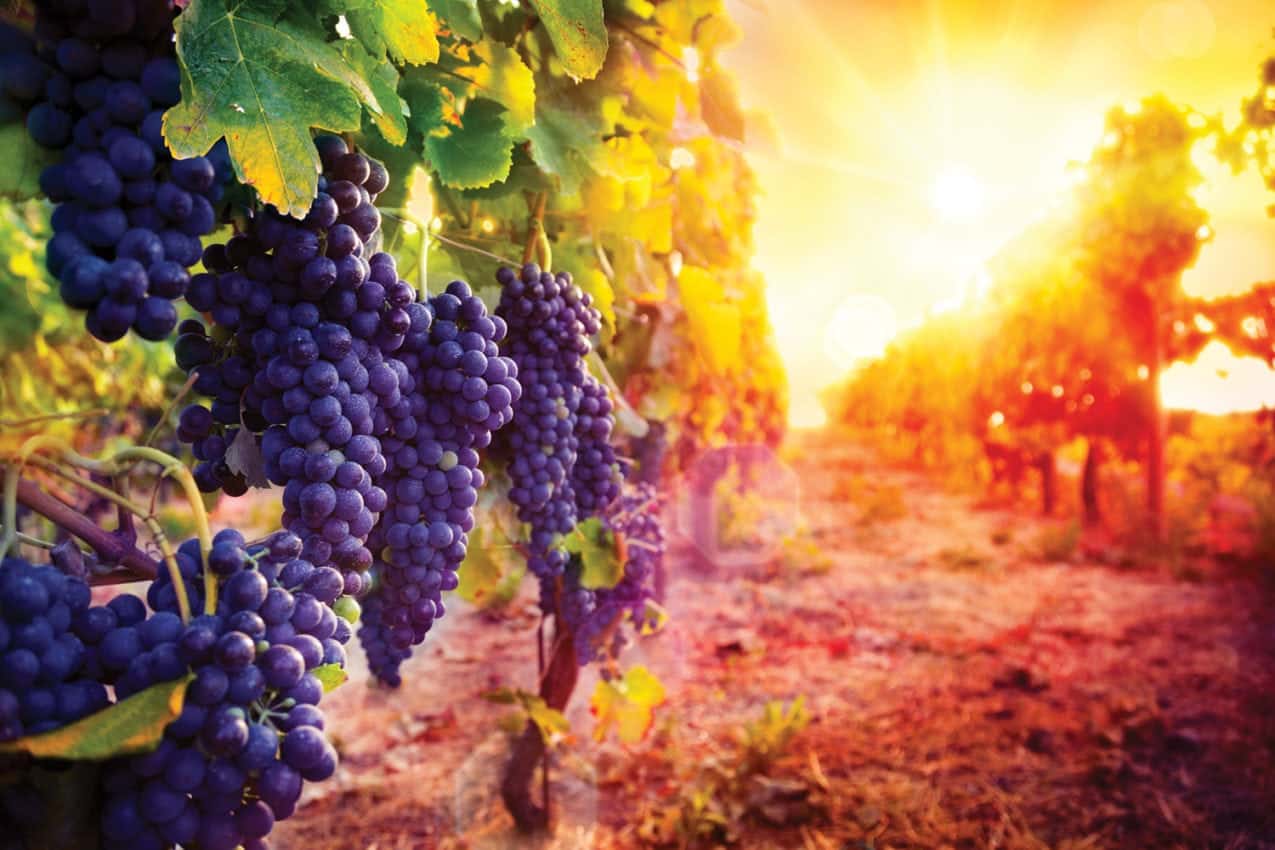 Q: Why are you passionate about “natural” wines?
Q: Why are you passionate about “natural” wines?
A: We are fanatics about healthy living and living a natural path to health. From meditation to living on a ketogenic diet, we are always seeking to optimize the life and health experience. Natural wines fit perfectly in our commitment to high health. I had been drinking conventional wines my entire life. Like most everyone else, I did not know anything about the Natural Wine movement, it’s so small and relatively unknown. In fact, I discovered it by accident, as I was searching for a healthier way to enjoy wine. Standard wines were causing me to feel bad. The reason is simple; conventional wines are filled with additives. There are 76 additives approved by the FDA for the use in winemaking in the U.S. Most people have no idea about these additives because the wine industry has been successful in keeping contents labels off of wine bottles. The wine industry does not want you to know what is really in wine. What I discovered with Natural Wines changed my life and now the lives of people all over the U.S. who drink our wines. Natural, clean, and pure wines that taste better, make you feel better and produce no negative remnant effects like brain fog or hangovers. The more I learned and experienced these very special pure wines, the more my passion ignited to share this amazing experience. They are also better for the planet and the environment. What’s not to like!
Read more: The Rise of the Natural Wine Movement
Q: You have a unique perspective. You live in Napa, the heart of American wine country, yet you work with mostly European winemakers. What are the philosophical differences between Napa winemakers and the natural winemakers you work with? What are the differences in how they treat the land?
A: The natural winemakers we work with all share a deep love of their land. Unlike the more commercialized approach in the U.S. (where the farmer, winemaker, and business owner are all most often different people), the small family farms we work with manage the entire process and many of them farm the same vines that have been in their family for generations. While conventional American winemakers typically focus on large scale production and profit, natural winemakers care about making wine that honestly represents the land, and a commitment to natural farming and winemaking. We do not sell or drink any domestic wines, and there are no wines made in the U.S. that meet our strict health criteria.
Q: What excites you most about the future of the Natural Wine Movement?
A: This wine has the potential to help millions of people live healthier and better lives. There are so many people in the world who drink wine, and the wine they drink is detrimental to their health. Conventional wines are also simply too high in alcohol. Alcohol is toxic, and a dangerous drug and it is important to be conscious of dosage, which is why we only drink lower alcohol wines. Natural wines can help them enjoy the benefits of wine without the sacrifice to their wellbeing. I wish I had known about low alcohol natural wines sooner. It is so exciting for us to be able to share the incredible beauty, art, and health of pure natural wines!
Q: For the casual drinker, are there noticeable differences in taste that they need to be prepared for the first time they encounter natural wines?
A: Natural wines are really fascinating. As you taste through an assortment of these wines, you may encounter wines that are a little cloudy as they are unfiltered. Filtering removes texture and flavor. Natural wines simply have more soul and character. They are real wines. They taste alive and non-commercial. They taste super clean. This is the adventure of wines made in reverence to natural winemaking – no filtration, coloring agents, or additives. An article in NPR described Natural Wines perfectly: “It’s like people looking at a Picasso and saying, ‘This guy can’t draw!'” When conventional wine drinkers are willing to open their minds to a new honest experience of wine, they quickly fall in love, just as art lovers who open their mind to a new experience of art fall in love with Picasso. When conventional wine drinkers experience natural wines, most simply can’t go back to drinking conventional wines, they can taste the additives and toxins, once they know what real wine tastes like. Most people have never tasted pure clean wines. It is life-altering, an awaking of beauty that is nature’s logic.
Q: What is the price point of natural wines in comparison to traditional wines of similar quality?
A: Natural wines are not much more expensive than commercial wines. Our wines average $22 a bottle. A solid value for a handcrafted fine wine. A big difference is where your money goes. With commercial wines, the bottle price is more of a marketing tool. For natural wines, the price is tied more closely to practices that sustain the land and ensure the health of the product.
Natural winemakers handcraft wine in small batches every year, relying on natural practices. They don’t achieve industrial scale using machinery or additives, so they have to charge more per bottle to make a living. These wines are also farmed using practices that enrich the soil, rather than deplete it. This costs a little more but, since Nature is our most precious resource, it’s totally worth the cost. All of these practices cost a little more, but the money goes toward sustainable and healthy practices.
About Dry Farm Wines
Dry Farm Wines searches the world for the finest natural, organic and biodynamic wines. The family farmers who grow the grapes and the artisans who handcraft these wines are deeply committed to natural farming and winemaking practices. You can taste their passion in every soulful wine they collect.
Because they’re fanatical about health and taste, Dry Farm Wines only accepts natural wines that meet strict purity standards:
No sugar or carbs. Some modern wines have more sugar than a liter of cola. All Dry Farm wines have less than 1 g/L (statistically sugar-free). This wine can be a celebrated art of a Paleo or Keto (low carb) lifestyle.
Low alcohol. Alcohol is toxic, but so are water and oxygen in the wrong dose Dosage matters. Even though alcohol content in wine has been rising and is currently around 14 percent on average, Dry Farm Wines only accepts wines with less than 12.5 percent. Lower alcohol wines have a more elegant taste, pair better with food, and let you experience the health benefits of wine such as improved heart health and lower insulin response without the adverse effects of a higher dose.
Low in sulfites. While all wines contain some naturally-occurring sulfites, these wines are all lab tested to ensure levels below 75 ppm (the U.S. standard is 350 ppm). Sulfites kill bacteria to stabilize a wine. The lower the sulfites, the more “alive” a wine remains. The difference is visible under a microscope: low-sulfite wine is vibrant with a diverse spectrum of wild bacteria and yeast.
Curated taste. Some natural wines are “funky.” Because Dry Farm Wines is fanatical about taste, they only accept wines that are clean, elegant, vibrant, and delicious expressions of what natural wine should be. Of all the wines they taste, only about 30 percent pass their taste and lab testing.
Fine wines from around the world. As the world’s largest buyer and reseller of natural, Dry Farm Wines has access to the finest wines from all the diverse winemaking regions across the globe. France, South Africa, Austria, and Greece are just a few. Plus, they are uniquely capable of shipping these wines across the country.
